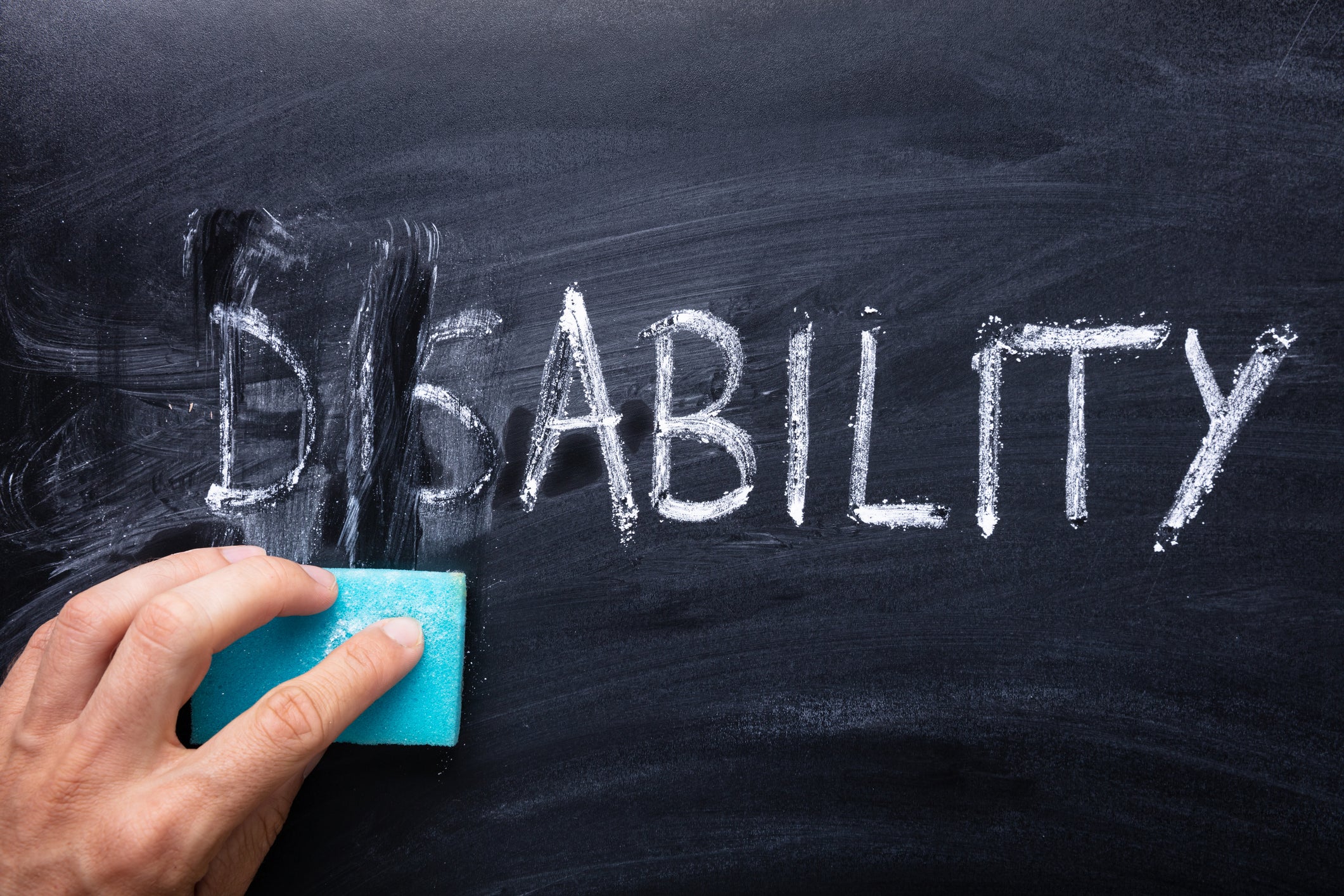The government has abandoned disabled people at the very moment they most need help
As shadow minister for disabled people, I have been hearing stories of people unable to take a shower or cook a hot meal during lockdown. Why won’t the government listen?


In February, unaware that a pandemic was about to seize the world, Kenneth* went into hospital to have heart surgery. He lives alone but he wasn’t worried. A cleaner came to the house each week and he managed to get by.
But then Covid-19 hit. Kenneth, who suffers from PTSD, was discharged home feeling he needed more support. But what he got was less.
The cleaner stopped coming, and social services told him no carer could be arranged due to the virus. Alone and weak from the surgery, Kenneth couldn’t get into bed or to the bathroom. For months, he slept on the sofa and was forced to urinate into a bottle.
The sad truth is that Kenneth isn’t alone. Across the country countless people have been abandoned during the pandemic. In August, Mencap found that during lockdown, 69 per cent of people with a learning disability had their social care cut or reduced. Is it any wonder that, throughout the pandemic, research has consistently shown that disabled people are afraid and feel like an afterthought?
The Labour Party supported the government in March as it prepared to protect the lives of every one of us. But the legislation and regulations which followed pulled away safeguards and weakened standards for some of the most marginalised people in our country just at the very moment they most needed help. Including, sadly, many disabled people.
Buried in the Coronavirus Act are provisions for councils to trigger “easements”, which free them from some of their duties to look after people under the Care Act. Local authorities, starved of resources by successive Conservative governments have been forced to make the most difficult of choices about how to prioritise their scarce funds.
In April, Disability Rights UK and Liberty wrote to eight local authorities that had already triggered the easements warning them not to leave people without essential care. But they were not the only councils emboldened. There were soon reports from across the country of people seeing care cut or struggling to have needs met despite the fact they lived in areas where the local authority hadn’t used the easements at all.
I have heard stories from people who have gone months without a shower, who have been unable to take themselves to the loo, or who have spent lockdown living off packets of crisps because they could not cook a hot meal.
The fact these care easements exist at all is symptomatic of the Government’s attitude towards disabled people during this crisis. At the start of lockdown, disabled people’s organisations and allies warned that they had been missed by the Government’s pandemic response. Ministers didn’t consult disabled people before lockdown. And they didn’t listen when they spoke out.
Since March, we have seen “Do Not Resuscitate” orders placed on disabled people’s medical records without consultation, and a 134 per cent increase in deaths of people with learning difficulties in care settings compared to last year. This is completely unacceptable.
Time after time, disabled people and those who, like me, are clinically vulnerable have watched on as the Government announced sweeping changes without a second thought for us. Shielding was brought to an end without consulting disabled people’s organisations, many of whom warned that it was putting disabled people in danger. Mandatory rules about wearing face coverings on public transport left no time to properly disseminate exemptions for disabled people or reduce the risk of harassment.
Of course our social care system was on its knees before the pandemic hit. Almost £8 billion has been cut from Adult Social Care budgets since 2010. This made it hard for people to get the help they needed before we entered a crisis – and virtually impossible during one.
The Coronavirus Act, which puts the care easements into law, will come up for review next week. This is a chance for Parliament to debate the lessons from the first wave of the pandemic, and to outline what steps the Government can take to ensure that now, as we head into winter, disabled people and all who rely on social care have the support and protection they so need.
*Name changed to protect identity
Vicky Foxcroft is shadow minister for disabled people and Labour MP for Lewisham Deptford
Join our commenting forum
Join thought-provoking conversations, follow other Independent readers and see their replies
Comments



Bookmark popover
Removed from bookmarks